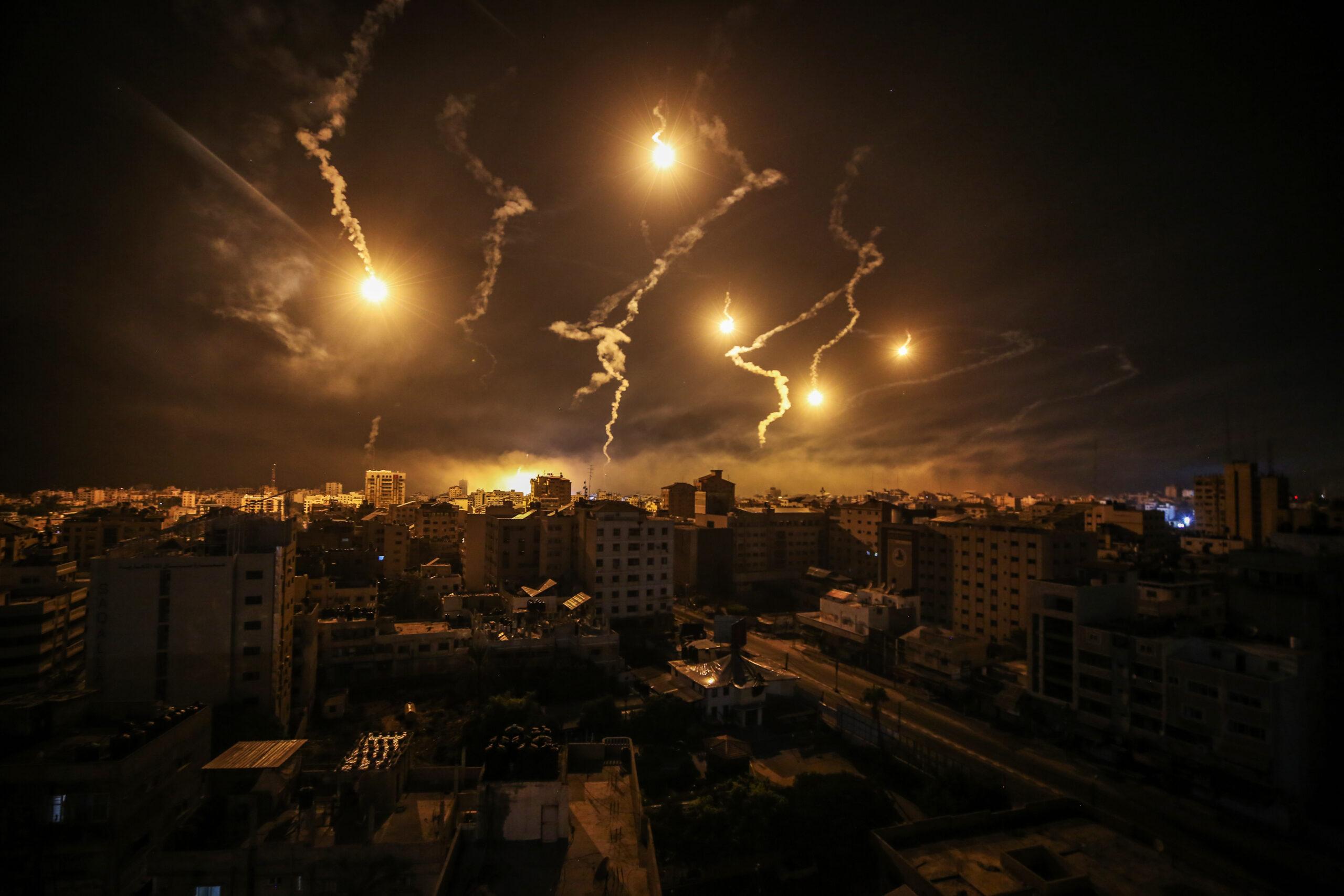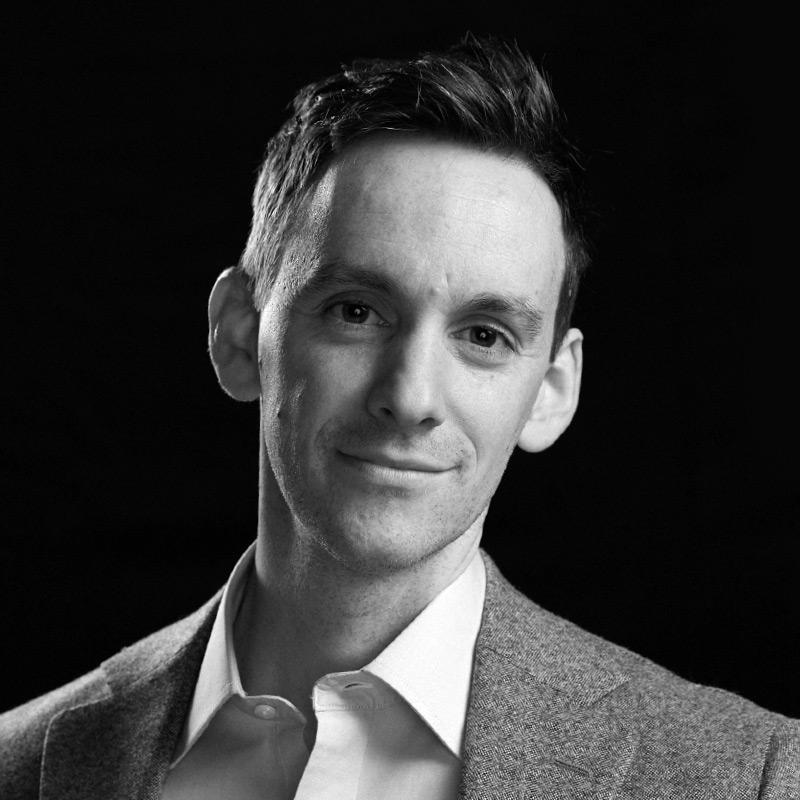The Fragile Hope for Peace in Israel-Palestine
Sally Abed, an activist with the group Standing Together, joins Derek to discuss what it’s like being Palestinian in Israel, how to build a coalition for peace, and more
In the past few weeks, our coverage of this conflict has tried very hard to see the problem from as many angles as possible. In our first episode, we considered the political motivations of Hamas’s October 7 attack. In our second episode, we considered the behavior of Israel’s government from a critical perspective. In a third episode, we asked whether Israel’s military objectives made sense by speaking to a counterterrorism expert. And last week, we told the 150-year history of Israel, Palestine, and the origins of Hamas by speaking to two historians, one who was clearly more sympathetic to Israel and another who was clearly more sympathetic to Palestine.
There is a voice we haven’t heard from in this series: a Palestinian voice. Today’s interview is with Sally Abed, a Palestinian Israeli, who is an activist with the group Standing Together. We talk about the “psychosis” and “impossibility” of being Palestinian in Israel, what happens after a cease-fire, and how to build a coalition for peace.
If you have questions, observations, or ideas for future episodes, email us at PlainEnglish@Spotify.com.
In the following excerpt, Sally Abed shares her experience with Derek about what it is like to exist as a Palestinian right now.
Derek Thompson: Before we talk about the difficulty of achieving peace and social justice in this part of the world, can you tell me, on a personal level, what it’s like being a Palestinian Israeli at this moment?
Sally Abed: At any moment, I would describe it as a psychosis. But right now, it’s almost an impossibility. It’s almost an impossibility. It feels like there is this requirement for us to erase ourselves completely as Palestinians. It just seems like there is no space for us to exist as Palestinians right now in Israel. Anything that we are saying, anything that we are expressing is just not enough, or not good, or bad, or inciting, or hateful, or terror-supporting. We immediately became the enemies from within. We are going through a lot of incitement and [a] hostile environment around us through the media and on the streets.
Our minister of national security and the head of police is an open Jewish supremacist who is openly calling for the annulation of Gaza and talking against our society here within Israel. He has been distributing tens of thousands of pieces of arms, of guns, to civil organized groups, especially in mixed cities like Haifa. So there’s a very, very deep sense of insecurity, like physical insecurity. And then we are seeing mass arrests, mass firings from work, students being expelled from universities. It’s a near-impossible situation to exist right now.
Thompson: It seems like, to make it even harder, you are not just a Palestinian Israeli. You are a Palestinian Israeli who is an activist, who is a media figure, who speaks out and is a part of this incredibly difficult conversation that people are having within Israel and around the world. Just one more question on this point: What’s been the hardest thing to communicate in this moment, where on the one hand, you have this horrific attack of October 7, and on the other hand, you have this shelling of Gaza, which is clearly destroying many homes and killing many civilians? The exact number is up for debate, but the fact that there is a number is not up for debate. When you have these two truths that are living side by side, what’s been the hardest thing to communicate as a media representative?
Abed: When I said that it’s a near impossibility to exist as Palestinian right now, there’s zero space for me to express my pain and my collective trauma and my collective grief over my people in Gaza. And it has to do with two main things. One, the fact that the Israeli public, the media, the government, [and] a lot of things, for decades, have systematically disconnected our narrative as “Arab Israelis” from the Palestinians. And if you want to be a good Arab, a partner, a part of the society, of the Israeli society, you absolutely cannot be Palestinian. Right?
And in these moments of really the experience, the duality of experience that we hold, also experiencing the atrocities that we endured as [an] Israeli society. Many of my friends lost dear ones. I have been in funerals. I’ve been going. We are devastated, and we see the loss and the fear and the pain. And at the same time, we see it against us. We are almost held responsible for it. And then, parallel to that, we are just not allowed to express our own experience as Palestinians and our own pain. And I think that’s the hardest thing to portray just for people here, especially for [the] Israeli Jewish public, just that duality and our right to grieve our people in Gaza.
This excerpt was edited for clarity. Listen to the rest of the episode here and follow the Plain English feed on Spotify.
Host: Derek Thompson
Guest: Sally Abed
Producer: Devon Manze
Subscribe: Spotify

